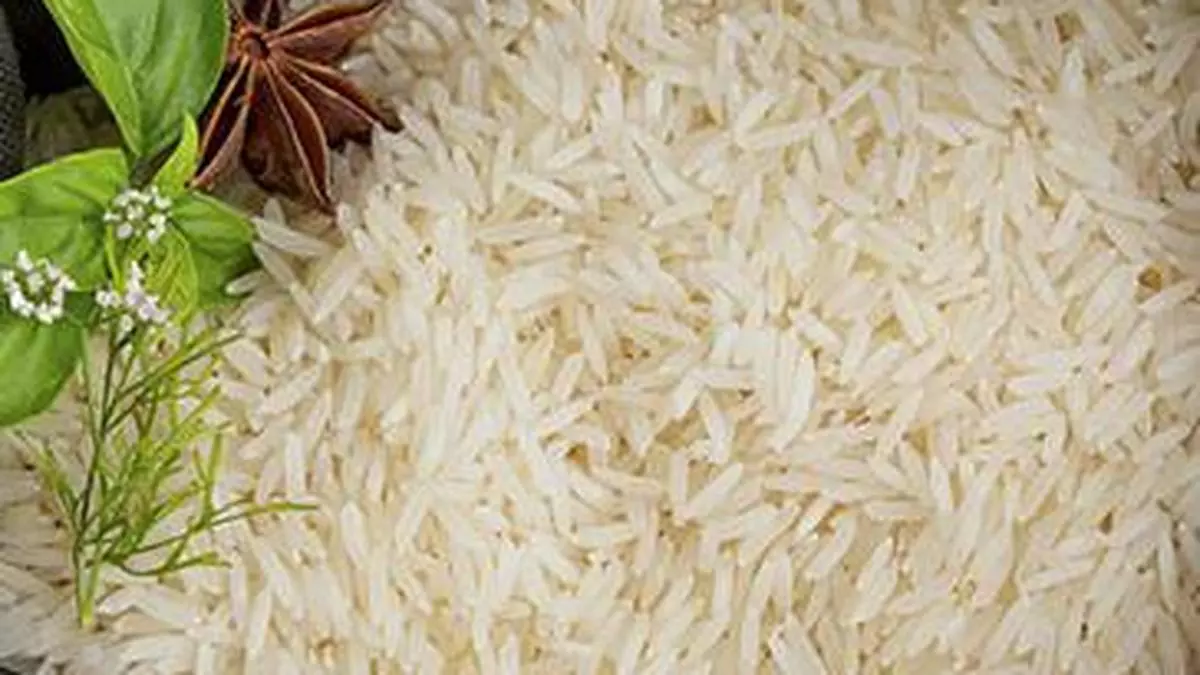Pakistan may lose out on getting GI tag for its basmati from EU
The European Commission (EC) is unlikely to provide Protected Geographical Indication (PGI) tag for Pakistan’s basmati rice in the European Union. This follows the EC’s acceptance of Italy’s opposition to Pakistan’s application filed earlier this year.
The EC made the decision on September 23 after last week’s Committee of Agriculture meeting of the European Union members. Italy raised the issue and it was supported by Bulgaria, Romania, Spain and Greece. PGI provides a nation the right to market an agricultural produce as an exclusively grown one in any country where its application is successful.
The EU’s decision to accept Italy’s opposition to Pakistan’s application was announced by Italian Minister of Agriculture, Food Sovereignty and Forestry Francesco Lollobrigida on Tuesday. He termed the development as “good news”.
Primary movers
Italian agricultural entrepreneurs associations Coldiretti and Filiera Italia were the primary ones who moved the European Union against the granting of PGI status to Basmati rice from Pakistan.
Coldiretti said on its website that it is “an important step forward in the protection of ‘Made in Italy productions” which was in response to the repeated requests made by Coldiretti and Filiera Italia.
Both organisations argued that Pakistani Basmati poses risks such as “child labour, illegal pesticides, and dumping”. Providing PGI status to Pakistan Basmati rice could lead to duty exemptions, threatening the European rice industry, they argued.
They feared a shift in Italian rice cultivation towards less valuable varieties and a collapse in prices for European Indica rice, leading to the abandonment of Lungo B rice cultivation.
Pakistan exported 0.74 million tonnes (mt) of basmati rice during April 2023-March 2024 compared with over 5.2 mt by India. New Delhi exported 1.64 lakh tonnes of basmati rice to the EU in 2023-24, data from Agricultural and Processed Foods Export Development Authority (Apeda) showed.
Pakistan’s failures
Per the data, this fiscal, it has shipped 47,776 tonnes during the April-June period with the major importer being the Netherlands, followed by Germany and Italy.
Coldiretti and Filiera Italia also expressed concerns over Pakistan’s failure to guarantee social and environmental sustainability in rice production. Besides these two organisations, other agricultural associations representing the Italian rice industry also opposed PGI status for Pakistan’s basmati rice.
On the social front, the charges against Pakistan are human rights violations besides engaging child labour. On the environment front, the presence of genetically-modified rice was found in an organic basmati rice consignment from Pakistan in Germany in July.
These organisations argued that providing PGI status for Pakistan’s basmati rice could result in exemption of duties for Islamabad consignments causing serious problems for the Italian rice industry.
Indian traditional basmati prices are at least 50 per cent higher than Pakistan basmati varieties.
Though India applied for PGI tag for its basmati in July 2018, Pakistan sought the PGI tag only on February 23 this year. The EU re-published the Pakistan application tag on April 30 under Article 49 (5) of regulation (EU).
Per this, the February 23 publication of Islamabad’s application by the EU stood repealed. Besides this, the EU and India are engaged in bilateral talks to provide GI tags for one another’s products.
